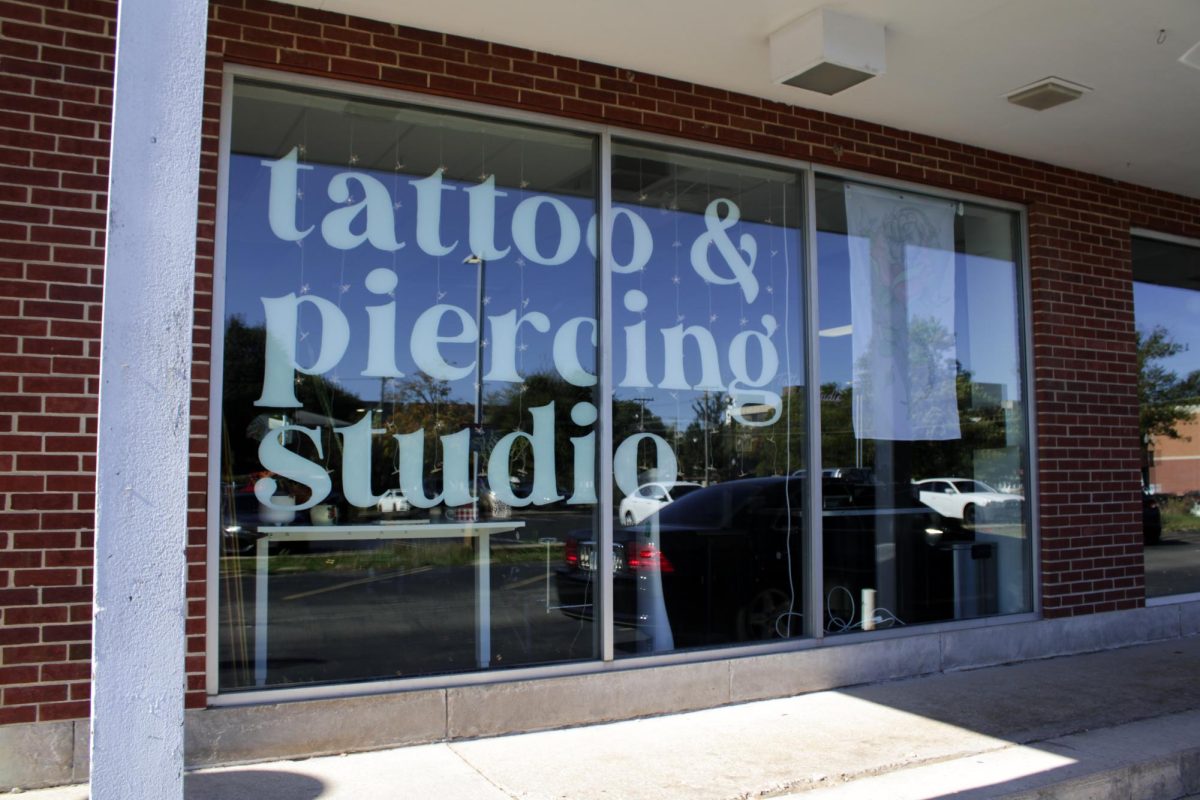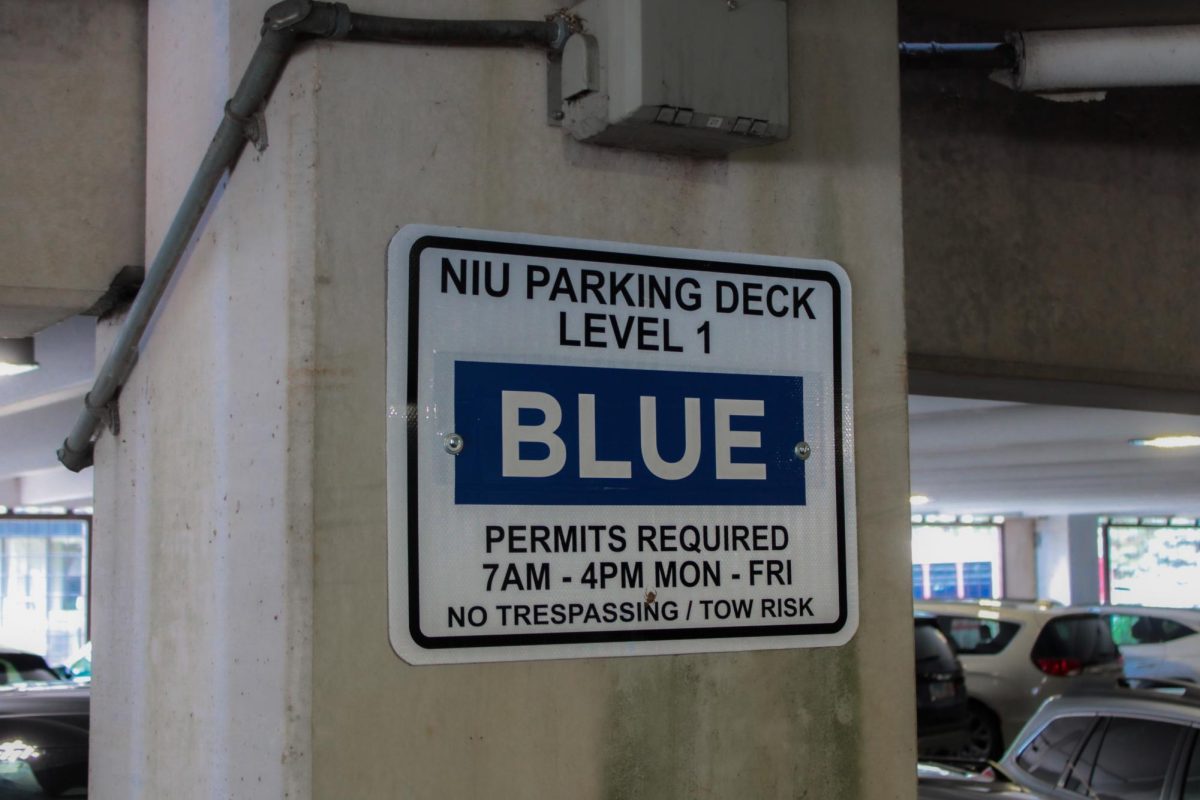Going into a job interview with tattoos, piercings and other body modifications – unless the interview is at a tattoo shop – is like jumping into a pool with a cinderblock tied to your ankle. They’re looked down on by employers, but it shouldn’t be that way. A person’s self expression does not reflect their work ethic.
Tattoos and body modifications, as long as they have been around in the modern day, have brought with them a certain stigma. Recently, as more and more people have been getting tattoos and piercings, it’s become increasingly normal and accepted. Still, in workplace environments having body modifications is looked at as a sign of low professionalism and work ethic. The acceptance in the workplace and outside of it doesn’t equate, and that needs to change.
Body modifications as a whole have become more and more normalized in social settings. According to Pew Research Center, 32% of Americans have a tattoo, with 22% having more than one. While this isn’t the majority, it still accounts for over 100 million people in America today.
It’s only reasonable then to assume that tattoos and body modifications would be more normalized in the workplace. If you can see tattoos walking down the street, it shouldn’t be such a shock to see them behind a counter. Despite this, employers still look at tattoos negatively.
Morgan Bach, a tattoo artist at DeKalb Tattoo Company, believes the stigma with tattoos revolves around a lack of responsibility and work ethic.
“Honestly, a lot of the time they can view the person to not have the same work (ethic),” Bach said. “Or they can see them as irresponsible.”
Bach further elaborated that she feels tattoos and body modifications might even be a sign of the opposite; that they show positive qualities.
“It’s such an interesting stigma to me because I feel like a lot of people who do have tattoos are very patient,” Bach said.
She also pointed out the commitment it takes to get a tattoo.
“You have to be okay with permanent things on your body. But I feel like jobs, a lot of the time, do look down on people with tattoos,” Bach said.
Employers will argue that body modifications turn away certain customers who may view them negatively. While this is an understandable concern, it is a bias that – rather than be enforced by hiring practices – should be dismantled.
“The art that I have on my body and the way I choose to present myself to the world doesn’t negate that I am a good worker (with) a good work ethic,” Bach said.
People with body modifications like tattoos and piercings work just as hard as anyone else. They are professional, formal and should be treated with equal amounts of respect. At the end of the day, how someone chooses to present themselves should not matter in the workplace.
















